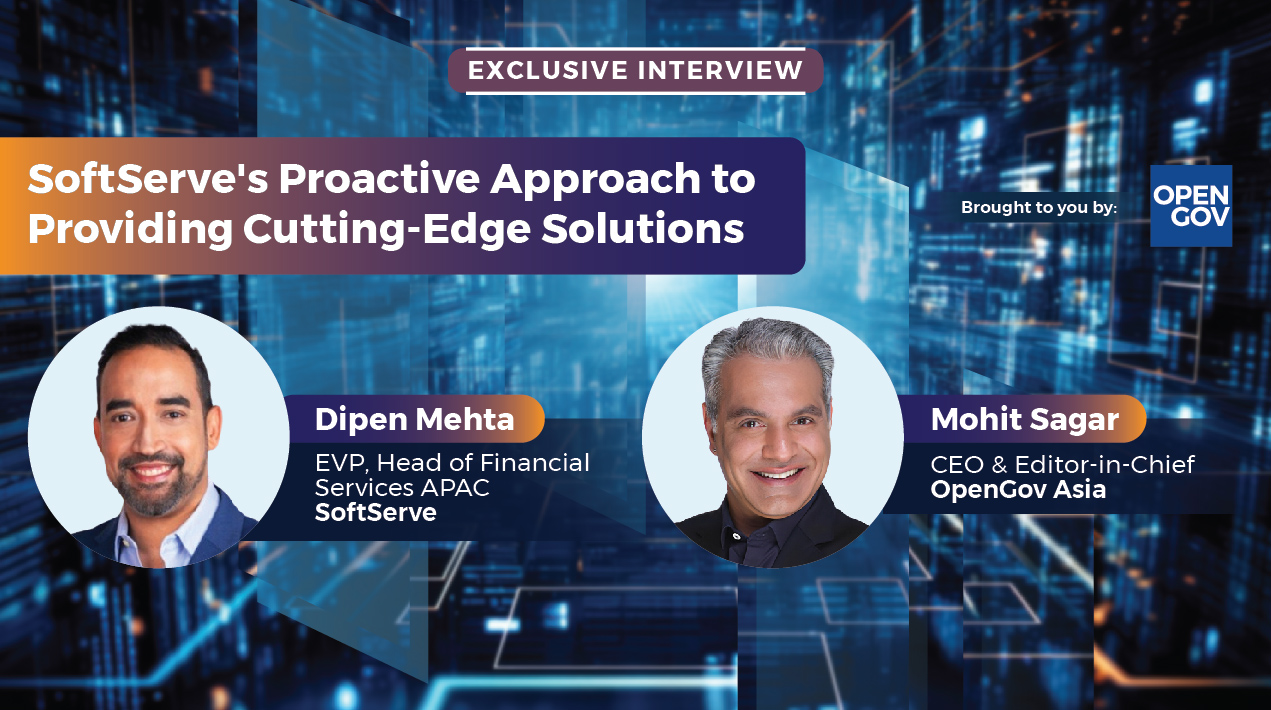
There are new announcements regarding FinTech every other day now. Start-ups are introducing disruptive technologies, multi-national banks are racing to test and integrate the new tech into their business models, while regulators attempt to build an innovative ecosystem and simultaneously, insulate customers from the risks of failure. Everywhere you turn, proofs-of-concept, sandboxes, bilateral agreements, abound.
The rise of FinTech is accompanied by growth in the closely associated area of RegTech. As FinTech improves the quality of financial services and disrupts traditional revenue streams, new risks are emerging and regulations are evolving to manage those risks. RegTech is expected to play a crucial role in enabling FSIs to deal with these concerns.
Just like FinTech, RegTech is a portmanteau word (Regulation + Technology). It refers to the use of technology, such as big data analytics and Blockchain, to help businesses comply with regulations efficiently and inexpensively.
OpenGov spoke to Greg Knieriemen, Chief Technology Strategist at Hitachi Data Systems (HDS), to discuss the impact of RegTech on the Financial Services Industry (FSI).
Why RegTech?
Mr. Knieriemen explained the need for RegTech, saying that IT departments are typically trying to do one of two things. They are trying to cut costs, or find new ways of generating new revenue with the data they have.
FinTech and RegTech correspond to these two aspect of IT functions. FinTech is adding value to existing financial services and finding ways of generating new revenue. RegTech is trying to lower the costs for compliance. Mr. Knieriemen said, “Even for mid-sized banks. Compliance costs can be hundreds of millions of dollars a year. And for large banks, it goes into the billions of dollars per year.”
RegTech offers the opportunity to lower the costs of mundane tasks which are an essential part of meeting compliance requirements in every major country. Auditing is the most basic example.
Mr. Knieriemen provided examples of products offered by RegTech start-ups, ranging from reconciliation software for funds industry, software that enables the supervision of company by a supervisory authority, such as a central bank, financial regulator or tax authority or software analysing compliance risk in banks and financial firms.
He talked about the agility afforded by RegTech, using the example of Distributed Ledger Technology (DLT) or Blockchain. The digital nature of a Distributed Ledger allows firms to adapt rapidly to changes in regulations. Leveraging the traceable, auditable nature of the ledger, applications for compliance can be developed within a very short window.
Mr. Knieriemen added that depending on how quickly the basic applications are adopted by the industry and regulators, the real potential of RegTech could be explored, in the areas of Customer and risk management and competitive intelligence.
Some of the regulators are moving fast. The Monetary Authority of Singapore (MAS) recently set up a group to focus on big data analytics for FinTech and RegTech.
Relation between FinTech and RegTech- Will the two move hand-in-hand?
“I look at RegTech as a subset of FinTech. I think we wouldn’t be here if it was not for the next generation of FinTech”, Mr. Knieriemen said.
We asked if RegTech would evolve hand-in-hand with FinTech. He replied, “The answer is yes and no. Yes, to the extent that innovation from the FinTech side is going to be leveraged to fill RegTech. Let’s take Blockchain for instance. The Blockchain technology which has been developed on the FinTech side of start-ups is now being leveraged on the RegTech side. FinTech has a bit of a lead. But it’s also an opportunity on the RegTech site. I think with the two are linked and they are going to be pulling each other.
Start-ups vs established banks
In the early stages, start-ups were considered to be a threat to the long-established banks. But during the last 6 months, the banks and the FinTech start-ups realised that they are not as much in competition, as they are complementing each other.
Mr. Knieriemen explained that banks will either acquire or work in cooperation with the start-ups to deliver more value for their customers. I think the tone has certainly changed from where the banks felt threatened.
HDS project in MAS sandbox
Last year, MAS released presented guidelines for a regulatory sandbox framework to facilitate the advancement of FinTech services. Hitachi, Ltd. and the Bank of Tokyo-Mitsubishi UFJ, Ltd. (BTMU) started Proof of Concept (PoC) testing within the sandbox framework for using Blockchain technology for the digitalisation of checks in the Republic of Singapore. The sandbox helps mitigate risks because it is a controlled environment.
Hitachi and BTMU developed a system in which Blockchain infrastructure is used for issuing, transferring and collecting electronic checks. Using the system, BTMU issues and settles checks, while some of Hitachi Group companies in Singapore receive the electronic check and deposit the funds. Through the PoC testing, Hitachi and BTMU are identifying issues from the perspectives of technology, security, operation, and law.
Mr. Knieriemen said, “There is a real opportunity for MAS to take advantage of FinTech and RegTech in a way that they can be leading Asia, possibly the world in those technologies. This is one just small example of how these experiments in the sandbox environment can provide opportunities for innovation. Check clearing sounds like a pretty mundane task. But once we have understood all the risks that are involved with using a Distributed Ledger to do that clearing, you can build on that with more innovations.”
He mentioned that there is very active development around Blockchain inside Hitachi Ltd. and announcements can be expected over the next few months.
Challenges
When asked about the challenges that will have to be overcome for RegTech innovation and adoption, Mr. Knieriemen highlighted the shortage of human resource.
While automation is going to displace human workers, including in the regulatory space, there is an ever-increasing demand for data scientists. The lack of human resources could be an inhibitor to adoption. This is true not just for FinTech and RegTech, but for the technology sector as a whole.
This is a complex problem which will need a multi-pronged approach from all stakeholders, including government, industry and academia. Hitachi is playing a role by creating visualisation products, to facilitate the use of data for people who are not data scientists.
The other challenges around analytics in general, is that often there are not enough datasets of information to create a good artificial intelligence scheme. Large volumes of good data are required to create good decision-making AI.
“For instance, one of the factors which will determine adoption of FinTech and RegTech is the collaboration between the different banks. They are competitors but how do they cooperate so that they can
glean intelligence in a way that all the banks can benefit from. Today it’s not quite there. Technologies aren’t also quite there to take advantage of AI. But soon they will be. Then the collaboration becomes crucial,” explained Mr. Knieriemen.
We asked about privacy concerns. Mr. Knieriemen responded that regulations and guidance would have to be provided around protecting customer data while working collaboratively. But he believes that it is a solvable problem
In his view, the harder problem is getting the fundamentals in place. Which could mean something as basic as moving from paper to digital. Even in 2017 a lot of those transactions continue to be paper-based.
The way ahead
RegTech development is going to be dependent on how governments change the regulations to be more open to RegTech. Framing the issue, Mr. Knieriemen said, “I think the question is are we going to see a rate of acceleration, innovation that we see in FinTech? I think the answer is that it depends. The governments are going to have to be a lot more aggressive about adopting those technologies.”
He used the People’s Bank of China (PBOC) as an example of how governments can be pro-active in adapting to new technology. PBOC has been conducting trial runs of its prototype cryptocurrency.
The technologies involved such as Blockchain will impact other industries also. Mr. Knieriemen expressed his excitement regarding healthcare in this respect.
He said, “The banks will lead the way, the governments will lead the way. Other industries will join in once they realise the business value.”





















